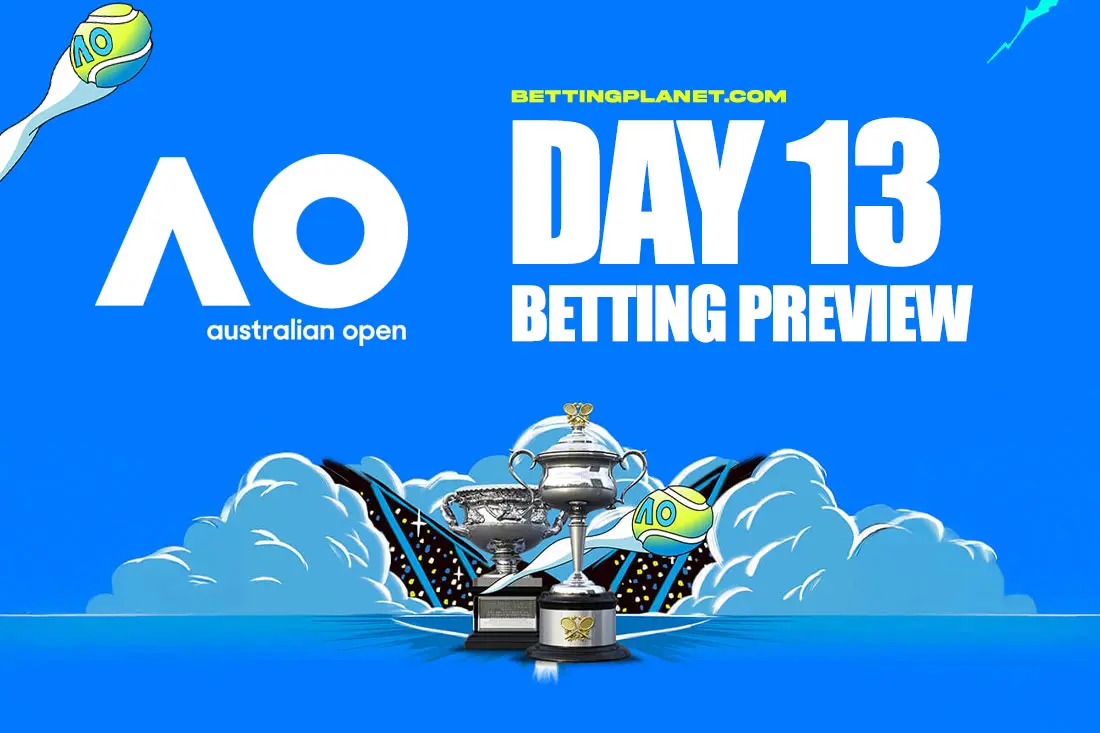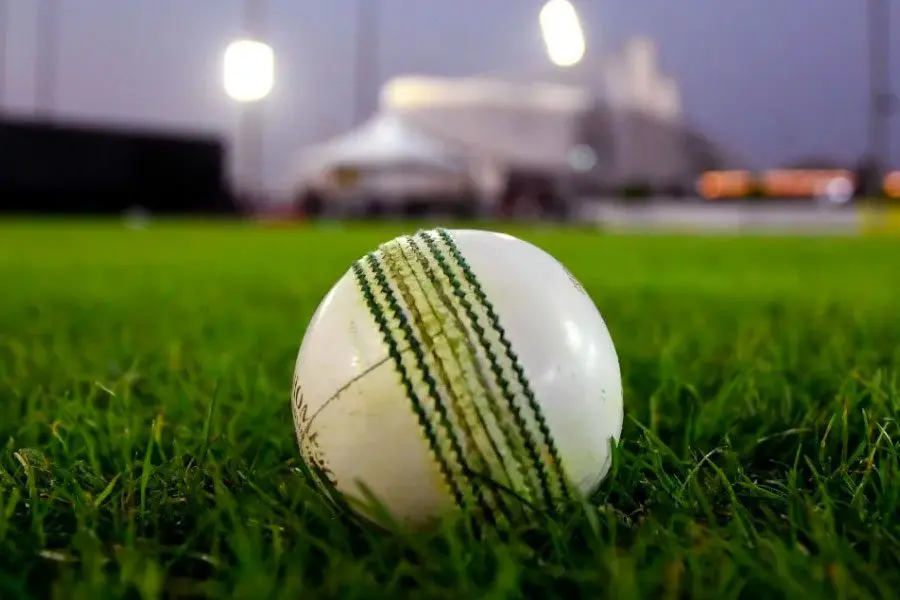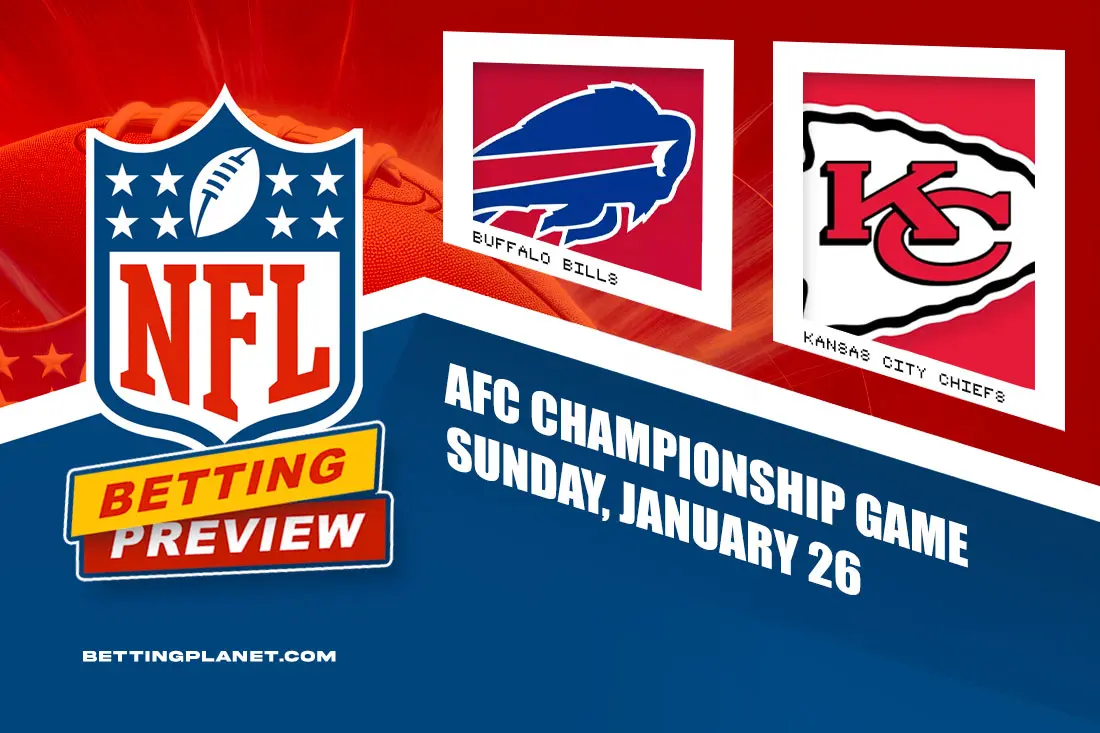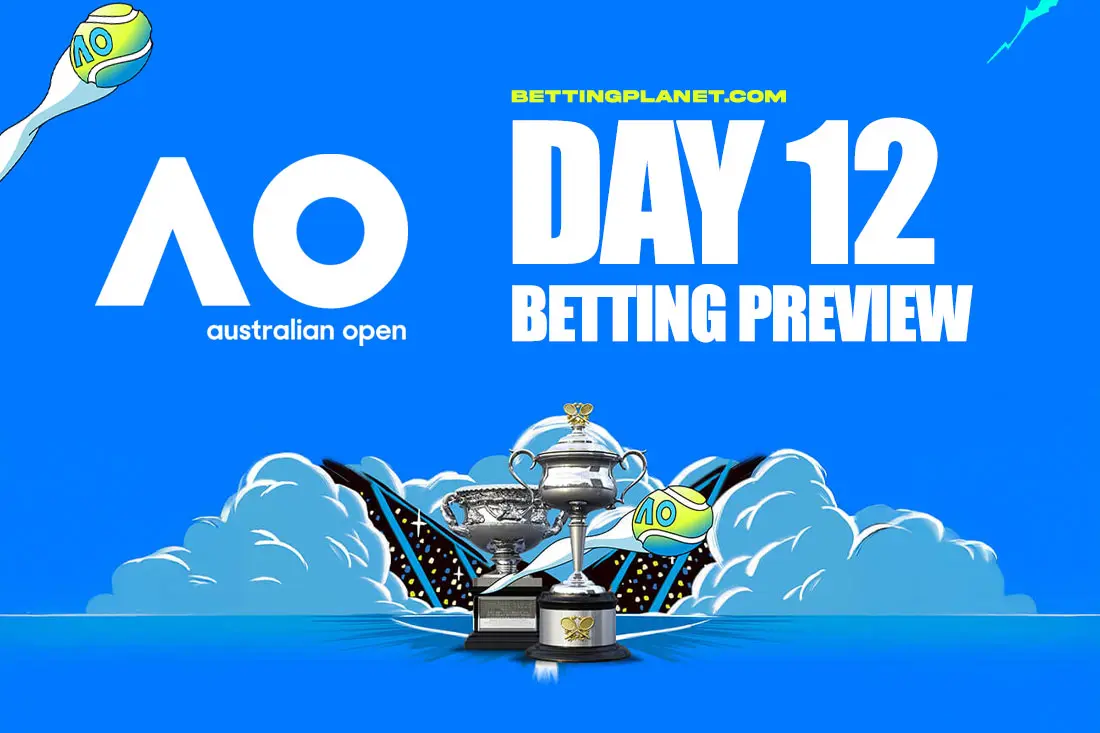It may sound like fantasy, but Ireland’s latest innovative gambling legislation looks set to address a loophole that has been overlooked for decades.
Ireland pledges support to winning punters in new gambling bill

PROTECTION for punters who win?
It may sound like fantasy, but Ireland’s latest innovative gambling legislation looks set to address a loophole that has been overlooked for decades.
Enforcing bookmakers to pay out winning bets, a scourge of the industry and a constant complaint of punters around the world, is on the agenda.
Ireland’s Gambling Control Bill has progressed slowly through the country’s upper and lower houses, aiming to modernise laws and regulations on the bookmaking industry that in most cases, date all the way back to 1931.
As we know, bookmaking has changed significantly over the last decade with the onset of online betting. Ireland, like many other nations, has seen the need to move with the times.
While the actual implementation of a finalised bill has no set date and looks like a long while away, what we know so far could be an example for other nations to follow.
A report released this week from lawmakers said an aim of the bill will make bets “contractually enforceable”, paving the way for punters to fight bookmakers in court when they refuse to pay out on bets or alter terms after bets have been placed.
Incredibly, the report also recommends that bookmakers be banned from restricting punters who are consistently successful.
Irish junior justice minister, David Stanton, spoke about his Government’s aims.
“The government has made a major commitment to the modernisation of our licensing and regulatory environment for gambling,” Stanton said.
“It will require resources. However, the ultimate aim is that the regulatory authority will be self-financing through fees and levies imposed on licensed gambling operators.”
It is estimated that the Irish gambling industry is worth between €6 billion and €8 billion.












